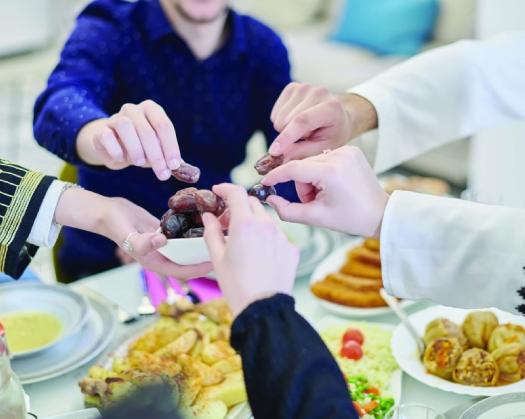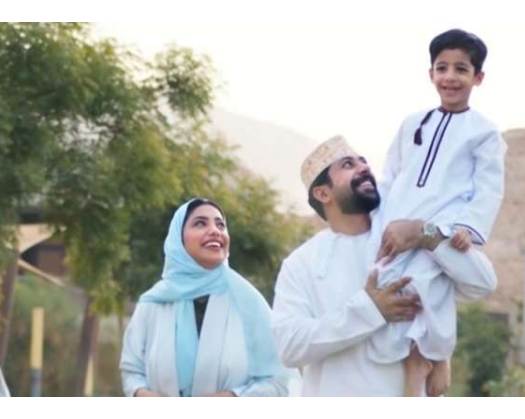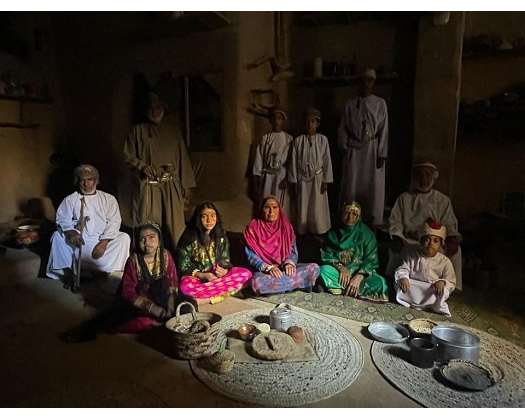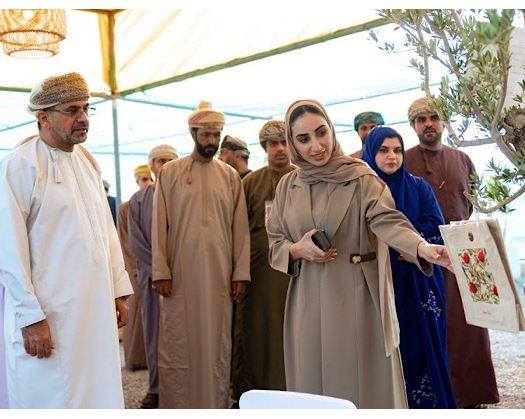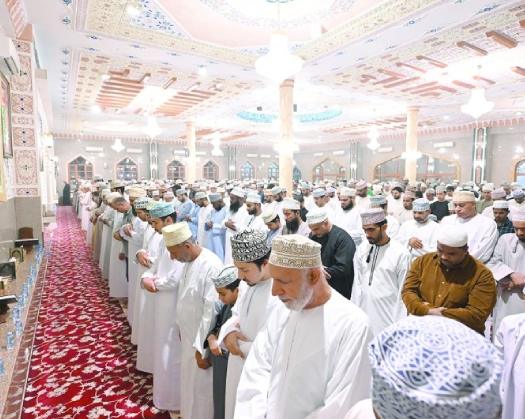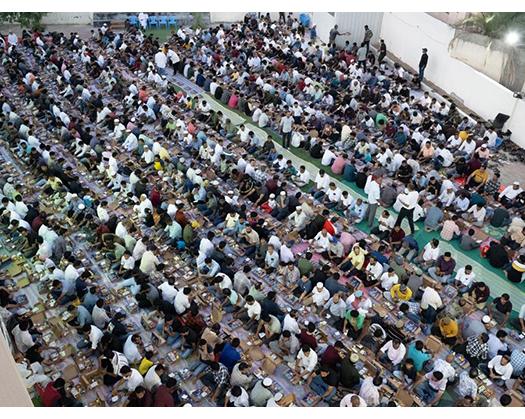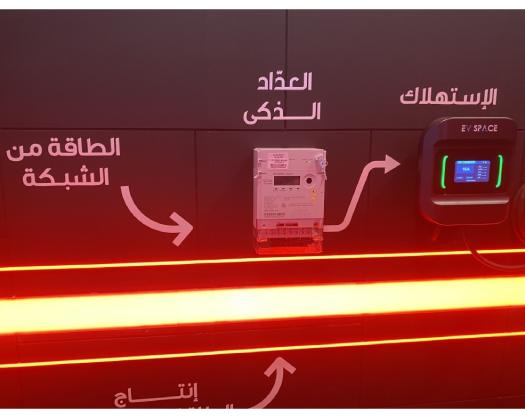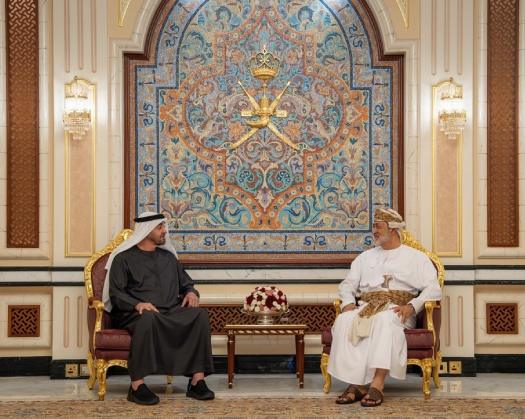Social life in Oman is enriched by a variety of customs and traditions, with group iftars being a significant aspect. During the holy month of Ramadan, the practice of group iftar serves to strengthen familial bonds and gather a large number of family members in one place.
During Ramadan, the tradition of group breakfasts is particularly notable. The first day often sees a group breakfast held in family homes, fostering closer relationships and creating a unique family atmosphere not often experienced due to the busy lives of family members.
The organization of iftars within mosques is a rare occurrence outside of the holy month, making it a distinctive feature of Ramadan. This practice serves to unite communities in one location and time, bringing people together through religious observance and showcasing the cultural diversity and linguistic differences among nationalities.
Group iftars held in mosques are a significant aspect of Ramadan, where Islamic communities of various backgrounds come together to break their fast in unison.
The group iftar experience is marked by a sense of unity and cooperation, fostering familial closeness and community spirit. Beyond family gatherings, private parties and charitable organizations also host group iftars in various locations, with mosques serving as important venues for these communal meals that bring together diverse Islamic communities under one shared purpose and tradition.
Many institutions and companies prioritize organizing group iftars for their employees during Ramadan each year. The main objective is to foster team spirit and a sense of brotherhood among the employees, as well as to strengthen the bond between the employees and senior management. Additionally, it serves as a way to express gratitude and appreciation for the employees' hard work throughout the year. Ramadan provides an ideal opportunity to host such friendly gatherings that promote human interaction among employees, resulting in closer relationships within a familial atmosphere where cooperation and brotherhood thrive.
Conversely, there is a significant number of individuals who take it upon themselves to arrange group iftars in areas with a high concentration of foreign communities and residents. This is because some individuals may not have the time to prepare their own iftar meals, while others have dietary restrictions that limit their food options to non-iftar meals.
Both citizens and non-citizens who undertake these individual efforts spare no expense in adhering to the teachings of the Islamic religion. They collaborate with various restaurants or hotels to prepare and deliver the meals to the designated locations, ensuring that everyone can partake in the iftar experience.

